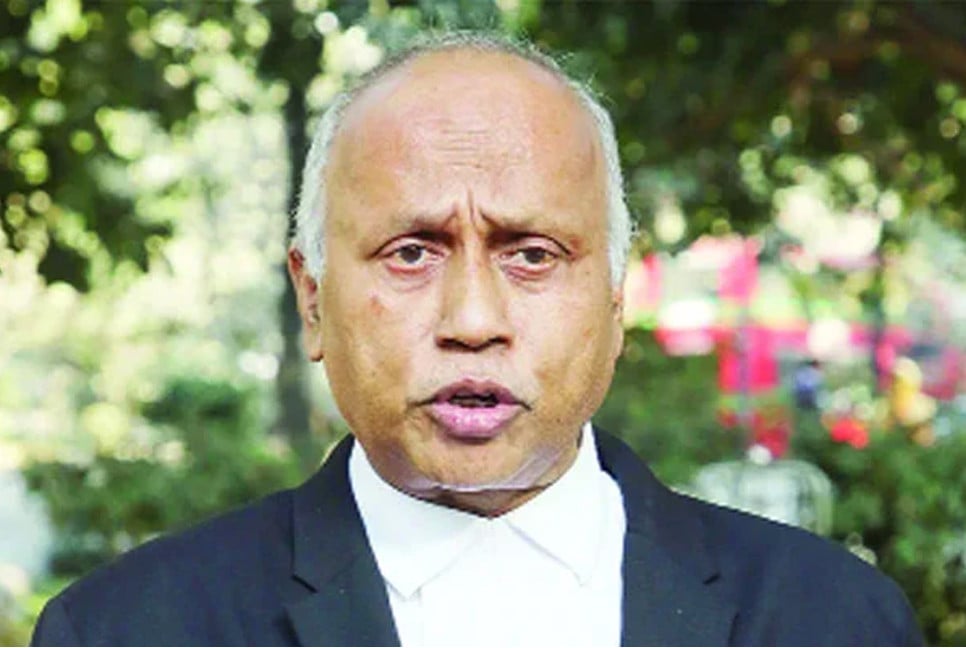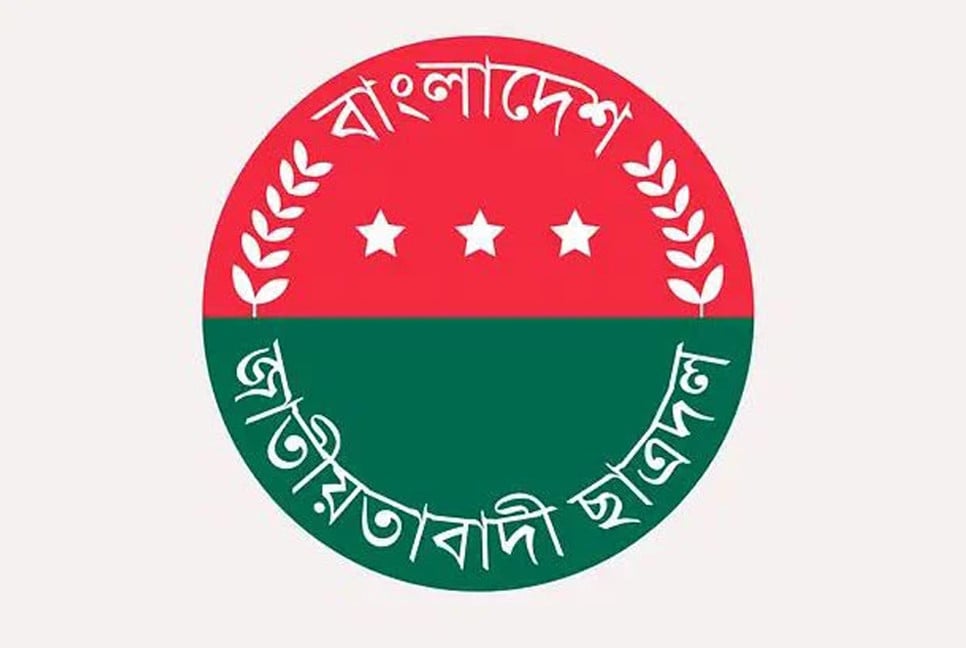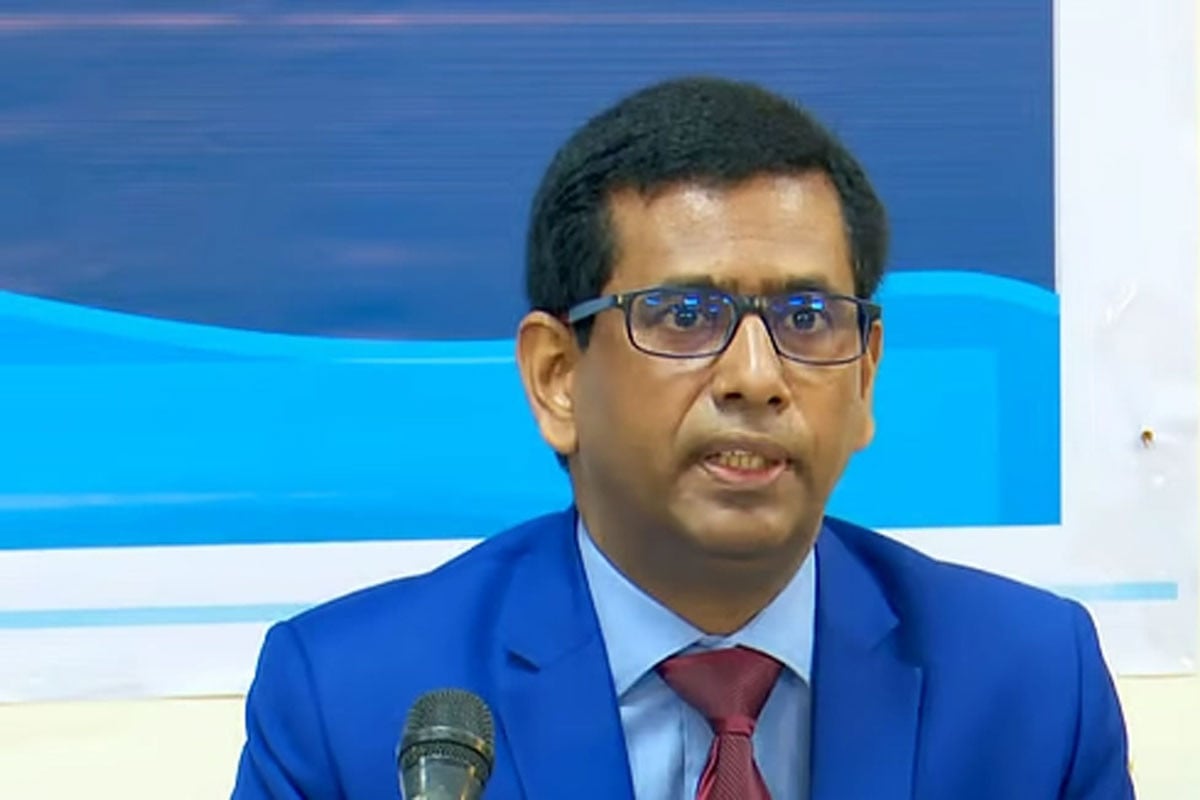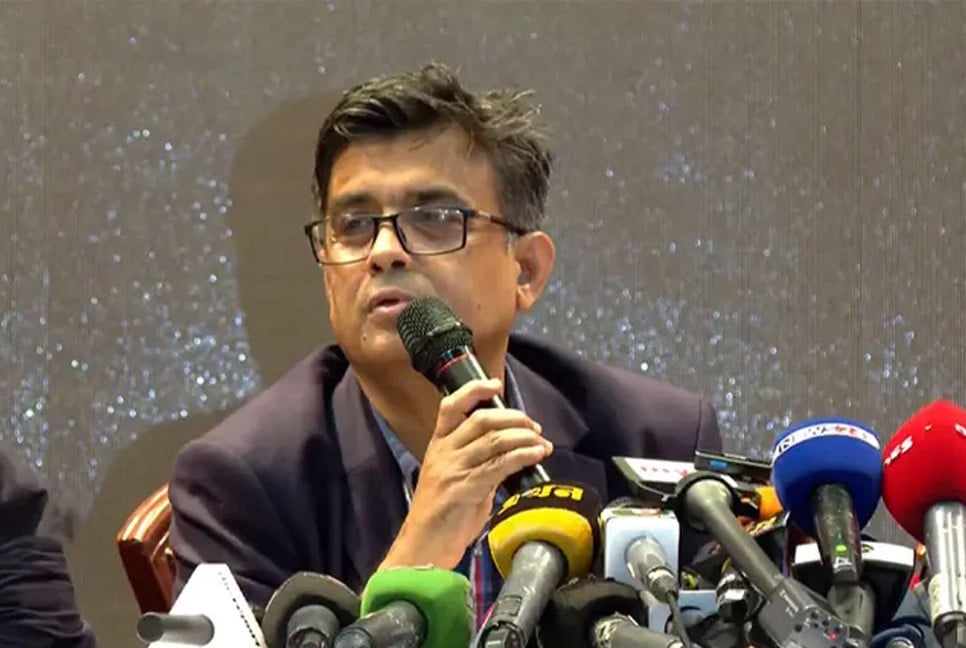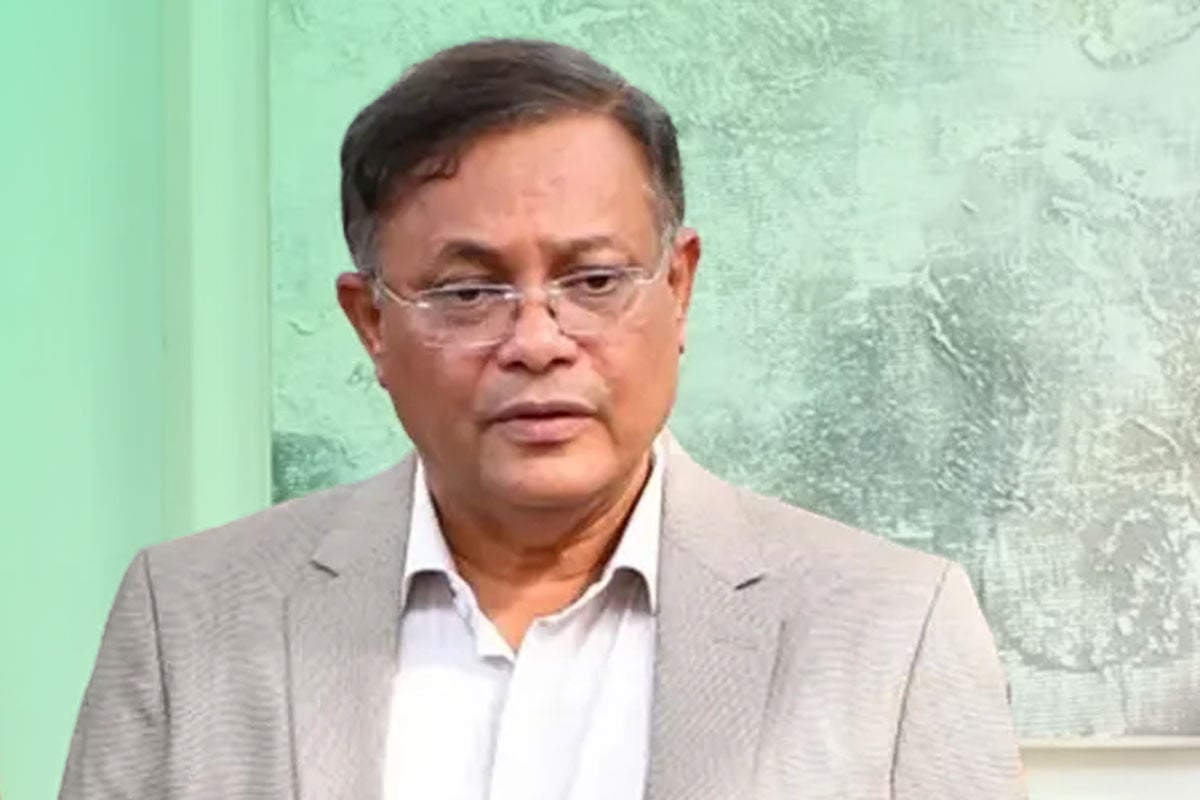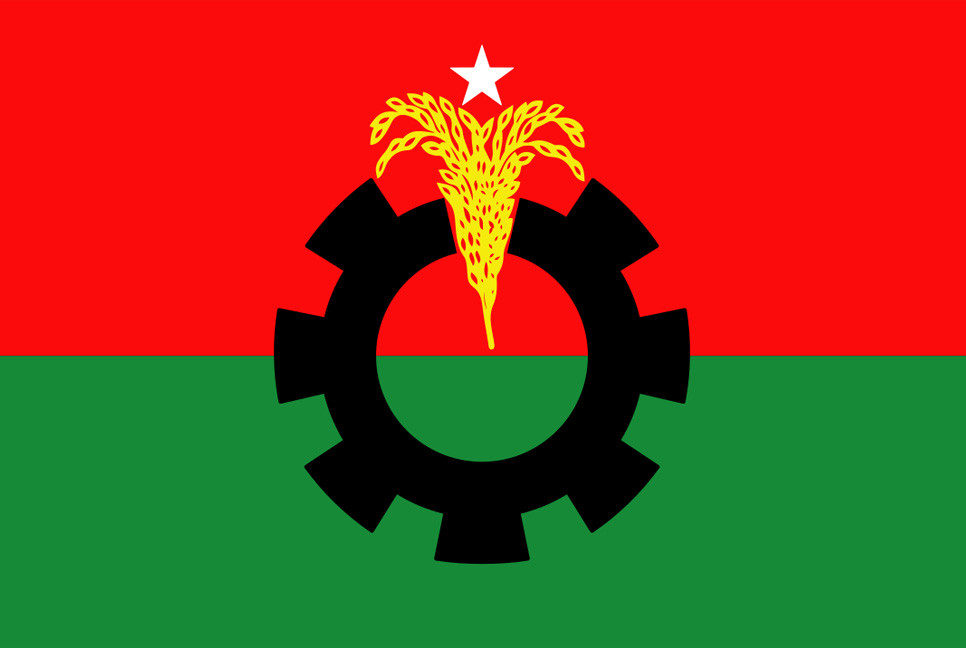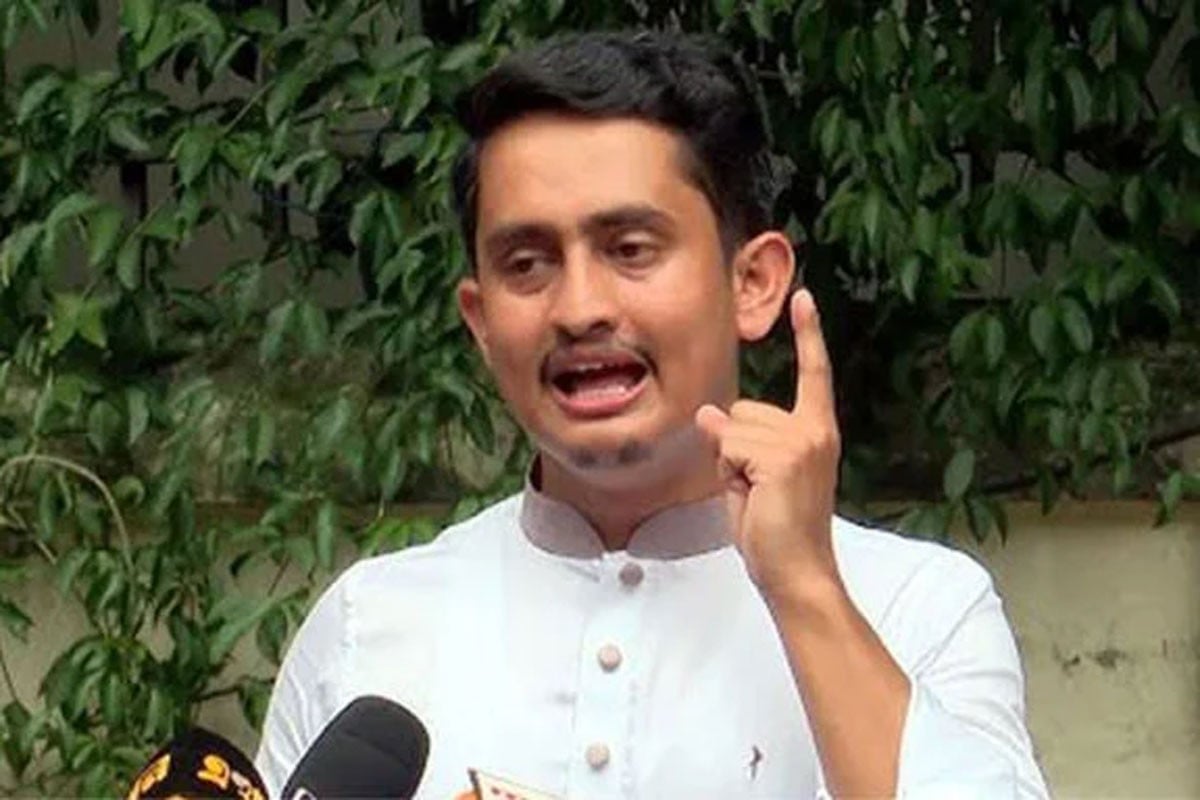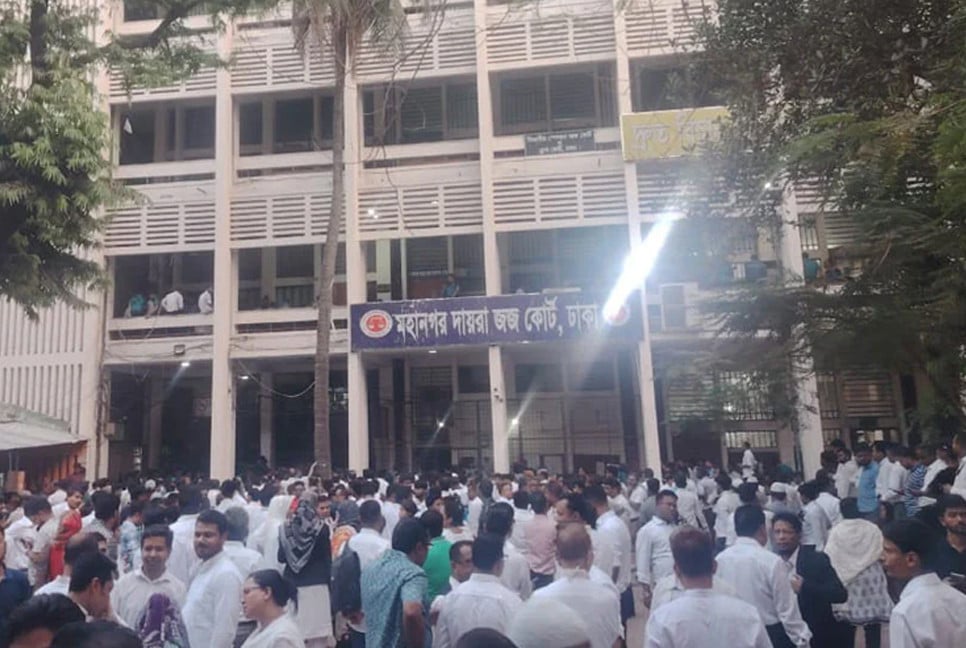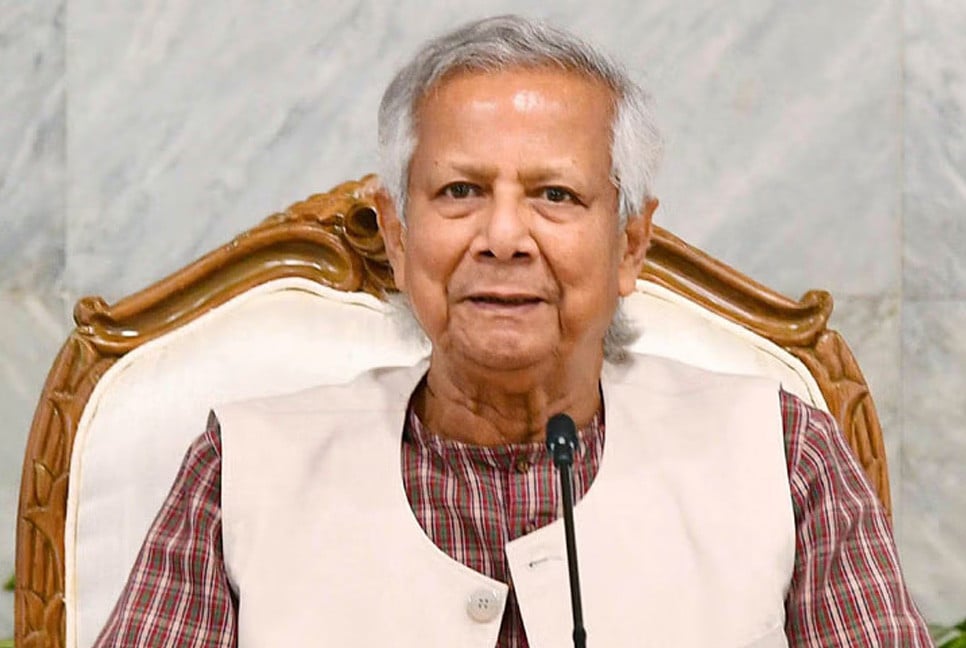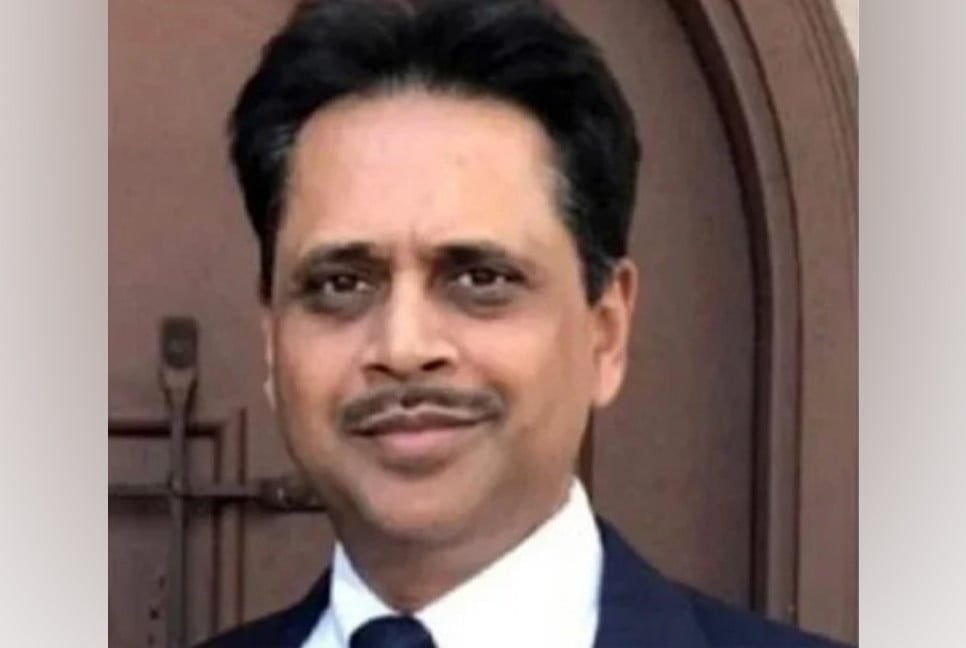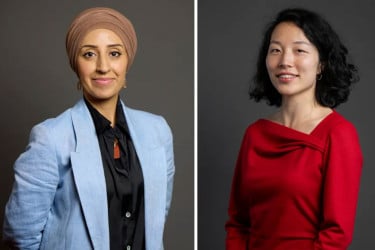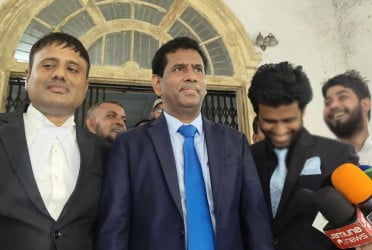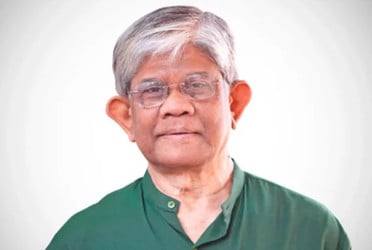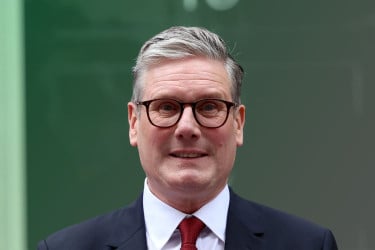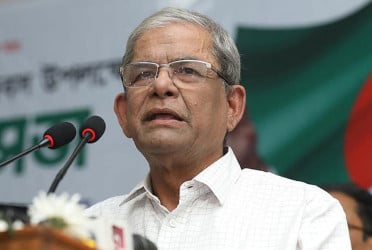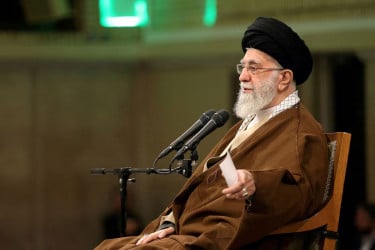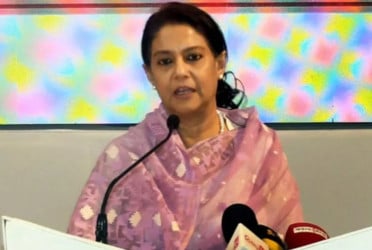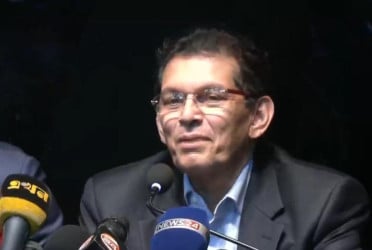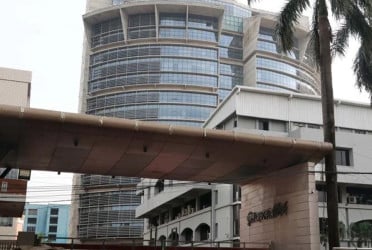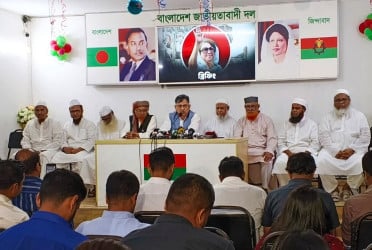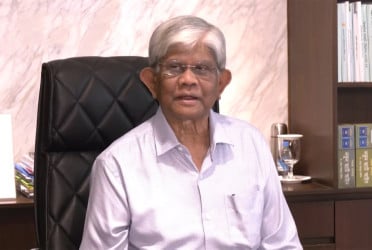Advocate Khurshid Alam Khan had been a prominent figure in the country for the past 16 years. As a lawyer for the Anti-Corruption Commission (ACC), he played a key role in handling corruption cases involving high-profile figures such as former Prime Minister Begum Khaleda Zia, BNP Acting Chairman Tarique Rahman, and the current interim government's chief advisor, Dr. Muhammad Yunus. His strong stance on corruption allegations made him a significant and influential presence across various levels of government.
His conduct closely resembled that of political leaders and activists from the ruling Awami League party. As a result, BNP leaders and activists at the time believed that Khurshid Alam played a more significant role than the government in targeting Khaleda Zia and Tarique Rahman. After the fall of the Awami League government on August 5, Khurshid Alam Khan disappeared from the public eye. He has since refrained from speaking on any cases for the ACC. Many people are now asking: Where is he?
On August 29, BNP Senior Joint Secretary General Ruhul Kabir Rizvi held a press conference in which he accused the "Khurshid-Kajal gang" of convicting Khaleda Zia and Tarique Rahman in a fabricated case based on false information. He claimed that this dishonest group, which had caused significant harm to many opposition figures, including BNP members, had turned the Anti-Corruption Commission (ACC) into a tool of the Awami League, with individuals like Khurshid and Kajal serving its interests. Rizvi pointed out that there are 37 cases filed against BNP Chairperson Begum Khaleda Zia dating back to the time of the Awami League government. Of these, she has been granted bail in 35 cases. Notably, she was sentenced to 10 years in the Zia Charitable Trust corruption case. Additionally, 13 cases were filed against her during the emergency rule of 2007-2008, including five corruption cases, four defamation cases, and one sedition case.
Khaleda Zia was sentenced to five years in prison by the judicial court in the Zia Orphanage Trust corruption case. She appealed the verdict to the High Court, but her appeal was rejected. However, the High Court, considering a request from the ACC, increased her sentence to 10 years. Additionally, Khaleda Zia and three other defendants were sentenced to seven years in prison for their involvement in an illegal transaction of Tk 3 crore 15 lakh 43 thousand under the name of the Zia Charitable Trust. When Khaleda Zia appealed this ruling, the High Court agreed to hear the appeal on April 30, 2019, and suspended the sentence temporarily.
The ACC filed a corruption case against Global Agro Trade Company Limited (GATCO) regarding its appointment as a contractor for container handling at Dhaka’s Kamalapur ICD and Chittagong Port. In the Zia Orphanage Trust corruption case, Khaleda Zia, along with Tarique Rahman and five other accused individuals, was sentenced to 10 years in prison. On May 30 of the previous year, the ACC also filed a case against Dr. Muhammad Yunus, naming him as the main accused in an alleged embezzlement of Tk 25 crore 22 lakh 6 thousand 780 from the Grameen Telecom workers’ welfare fund. Khurshid Alam Khan represented the ACC in the High Court against Khaleda Zia in these cases. Sources confirm that while Khurshid Alam Khan's appointment has not been revoked, he has been prohibited from representing the ACC in any High Court cases. When questioned, Khurshid Alam Khan clarified that in the cases against Khaleda Zia, Tarique Rahman, and Dr. Yunus, he did not act on his own initiative. He stated that his role was solely as the ACC's lawyer, providing legal explanations to journalists.
BD-Pratidin English/Mazdud

